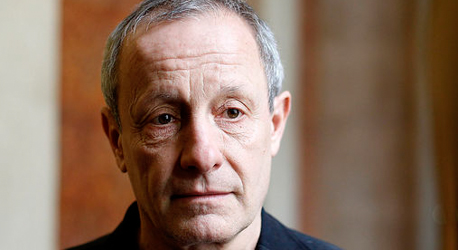"There is a strategic attack of the Kremlin on the OMV," Pilz told the APA press agency.
He had "concrete hints" from several sources that the United Arab Emirates' state fund IPIC, which is a major OMV shareholder, could be planning to hand over its 24.9 percent share of the company to Gazprom.
Austria would thus be making itself into the "backdoor for Russia into the EU," said Pilz. Neither the Austrian nor the Russian gas company were available for comment on Thursday night.
On Friday, according to APA, Gazprom Deputy Chief Executive Alexander Medvedev denied the reports, saying "That's not true."
On Tuesday, the OMV and Gazprom signed an agreement for the Austrian part of the South Stream gas pipeline. The OMV, which has a turnover of €42.4 billion, is the biggest company in Austria.
Pilz is one of the most experienced politicians in parliament, and has been his party's security spokesman for years.



 Please whitelist us to continue reading.
Please whitelist us to continue reading.
Member comments